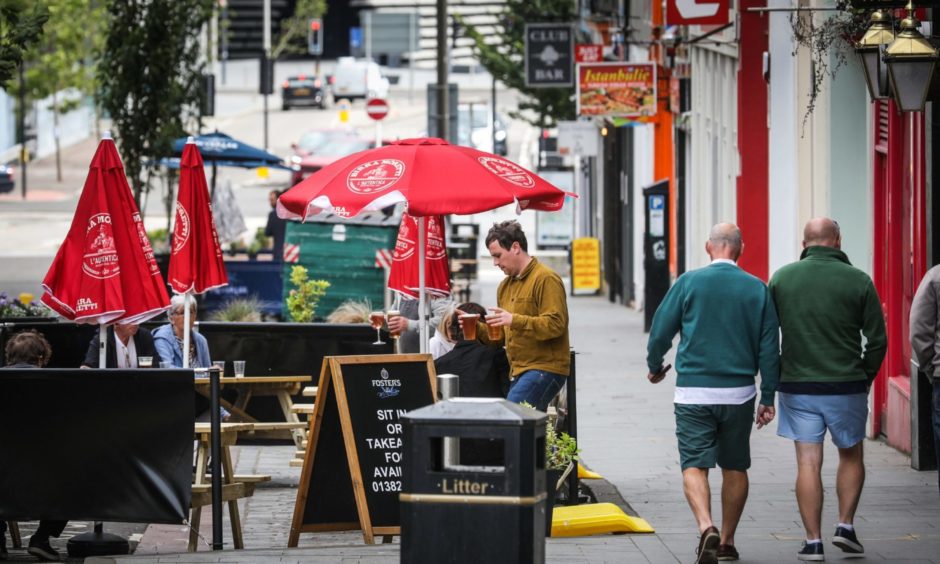“Covid” – a word which closes eyes and ears the world over.
The reaction is understandable. Two years of restrictions, constant anxiety and millions of lives torn apart would make anyone wish they’d never hear the word “Covid” again.
Unfortunately, it’s also a word which takes lives. And the pandemic is not over.
Just last week, Covid-19 cases in Scotland rose by over a third, according to data from Public Health Scotland.
Now, one in 30 Scots is thought to have the virus – up from one in 40 the week before.
Thanks to the public’s efforts to keep one another safe during lockdown and the tireless work of NHS staff in treating cases and delivering vaccines, people are out and about again.
But for those over the age of 80, or with underlying health conditions, the risk is still present; and it’s a big risk.
With summer events ramping up and many trains and buses completely full due to rail strikes, crowding in public is becoming impossible to avoid – and social distancing ever rarer.
Looking around on streets, masks are few and far between. Restaurants and coffee shops are bustling again, with tables back to their pre-pandemic positions.
Scots are back to socialising, travelling, and dining as they did before. You could be forgiven for thinking that the pandemic was all a bad dream.
But as we slowly make our way back to normality, we ought to spare a thought for those who are still being affected.
Covid may not be killing hundreds overnight anymore, but it’s still a nasty virus, and it can seriously affect the short and long-term health of those who are infected.
We have lived through enough waves of this pandemic to know that numbers have people, families, and communities behind them.
Let’s not shut our ears to the people, even if the numbers aren’t what we want to hear.












Conversation